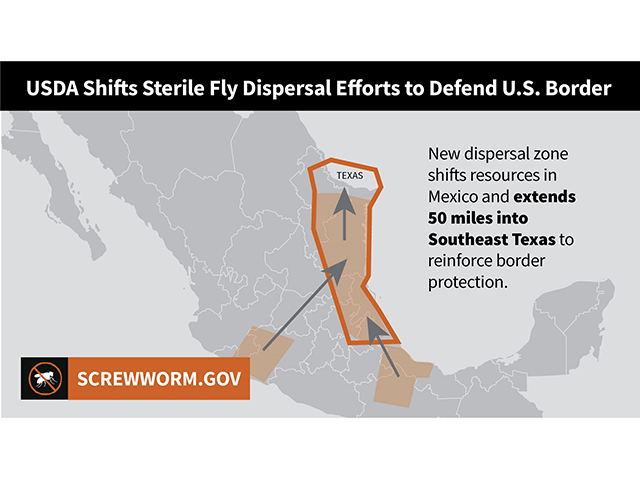US, UK Join Pacific Allies in Fijian Military Exercise
CANBERRA, Australia (AP) -- A military exercise in Fiji involving the United States, Britain, Australia and New Zealand ends this week as the traditional allies counter China's growing influence in the region.
The 11-day Exercise Cartwheel in Fiji began Sept. 12 and ends Friday, the U.S. Embassy in the Fijian capital, Suva, said Tuesday in an email.
P[L1] D[0x0] M[300x250] OOP[F] ADUNIT[] T[]
U.S. Navy Commander Victor Lange said the name of the exercise originated from Operation Cartwheel during World War II, in which the U.S. fought alongside the militaries of Australia, New Zealand and Fiji -- then a British colony -- to neutralize the Japanese base at Rabaul in Papua New Guinea.
Chinese Foreign Ministry spokesperson Wang Wenbin said China had "no objection to normal defense cooperation among the countries concerned."
"But the cooperation should not be directed at third parties," Wang told reporters in Beijing.
The United States has promised greater engagement with the South Pacific after China and the Solomon Islands signed a bilateral security treaty in May that has raised concerns of a Chinese naval base being established in the region.
U.S. Vice President Kamala Harris told a South Pacific leaders' summit in Suva in July that the United States will open new embassies in Tonga and Kiribati. She also flagged a tripling of U.S. funding for fisheries assistance to $60 million.
Australia's new government, elected in May, is also taking steps to increase its engagement with its island neighbors.
The government plans to establish an Australia-Pacific Defense School to train neighboring armies in response to China's potential military presence on the Solomon Islands.
Australians were reminded Tuesday of World War II coming to their shores when divers found what appeared to be an unexploded bomb off the coast of the northern city of Darwin. Darwin became the first target of Japanese bombers on the Australian mainland in a devastating air raid on Feb. 19, 1942.
A 250-meter (820-foot) exclusion zone has been established in Darwin Harbor until the Defense Department removes the suspected bomb.



